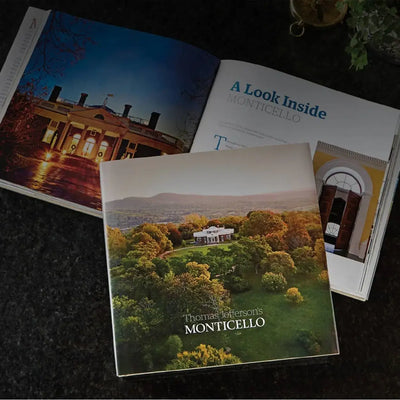Medium-sized fruit tree
Description: Small, roundish fruits produced in early fall; skin becoming dull yellowish-brown with a russet red cheek; flesh whitish, buttery, very juicy and melting, with a spicy flavor and aroma
Habit: Grows 16-20’ high; grafted onto a semi-dwarfing rootstock (OHxF97); vigorous and productive; some resistance to fire blight
Culture: Prefers full sun and even moisture; space trees 20’ apart; requires another pear variety as a pollinator for fruit set
Hardiness: USDA Zones 5 through 8
Thomas Jefferson planted a 'Seckel' Pear at Monticello in 1807, and said that this variety "exceeded anything I have tasted since I left France, and equalled any pear I had seen there." A. J. Downing, America's foremost 19th-century pomologist, agreed, saying "We do not hesitate to pronounce this American pear the richest and most exquisitely flavored variety known. In its highly concentrated, spicy and honied flavor, it is not equaled by any European variety. When we add that the tree is the healthiest and hardiest of all pear trees, it is easy to see that we consider no garden complete without it." It allegedly originated on a farm outside Philadelphia.
This plant will ship bare root. Approximately 4' tall.
Bare root planting tips:
~ If you can't plant immediately, store your plant in a cool location and keep the roots moist or pot in a container with a nursery potting mix from your local garden center.
~ Before planting, let the roots soak for several hours as you prepare the site. You'll want to dig a large enough hole so the root mass can spread out and the plant is at the same soil level as when it was growing in the nursery.
~ Once planted, water it in well and wait a month before fertilizing. Mulching will help to maintain moisture and raise soil temperatures for faster growth.









